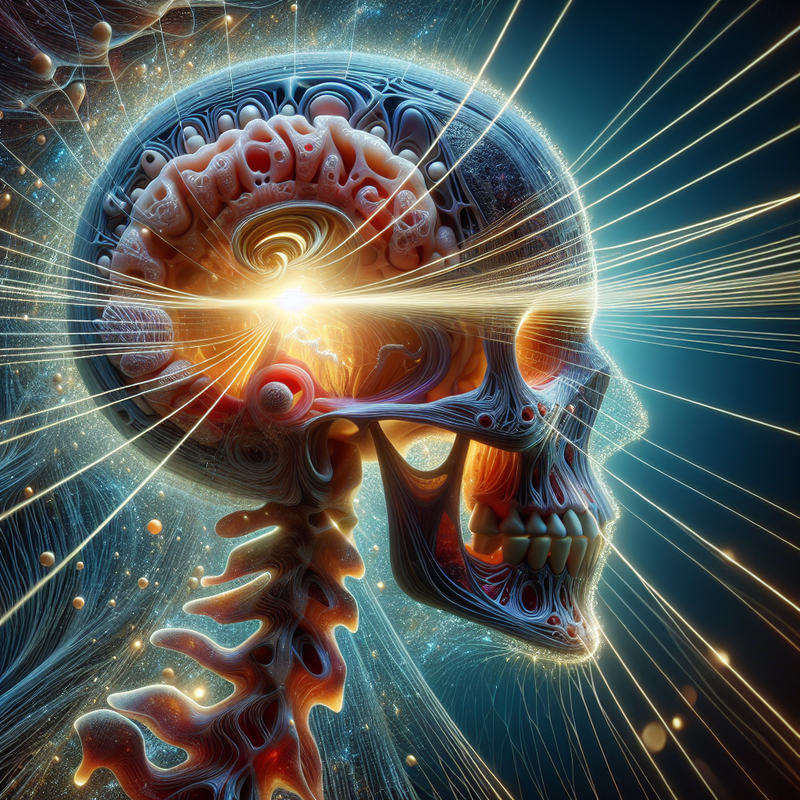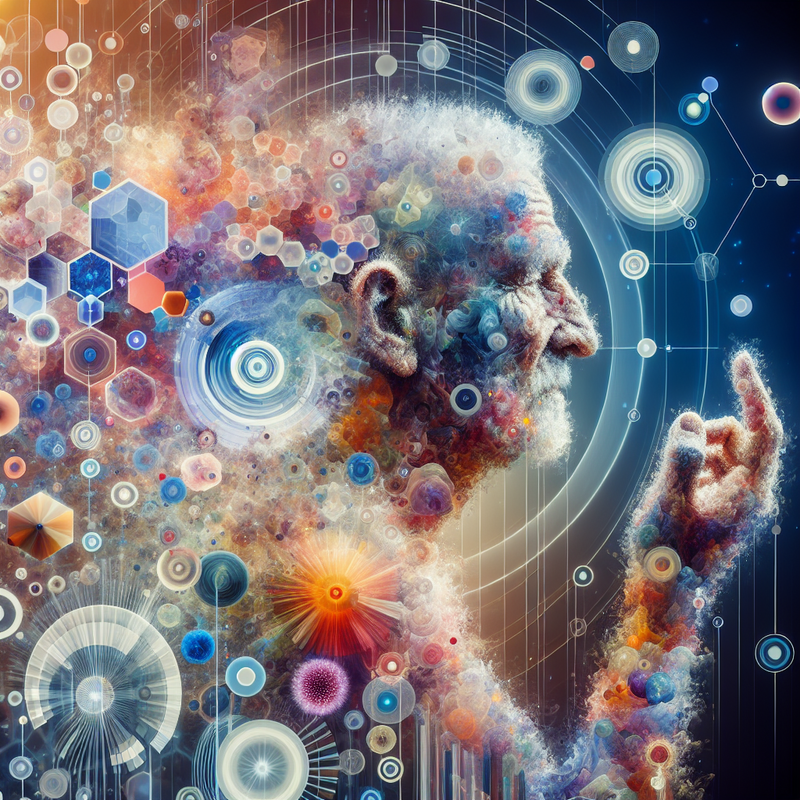Deciphering Emotions and Their Role in Shaping Human Evolution
Emotions play an undeniable role in shaping human experiences, actions, and social relationships. These assertions are extensively scrutinized in Robert Ornstein’s award-winning series on evolution psychology, as well as Multimind. Ornstein paints a compelling picture of how emotions incite physical reactions within us, playing a critical role in shaping our perception and interaction with ourselves, others, and situations. As he explains, humans are in a perpetual cycle of expressing, recognizing, and interpreting emotions.
Emotions have evolved with humans, functioning as integral components of our survival equipment and playing developmental roles throughout human history. The brain’s limbic system, which includes the amygdala — a small, almond-shaped structure — evolved to process basic survival instincts like fear responses and other intense emotions. Recent breakthroughs in neuroscience offer deeper insight into these structures’ intricate roles in our emotional lives.
Advanced Emotional Mechanisms and Emotional Aptitude
Over time, the brain’s cortex developed the capability to alter emotional responses, facilitating superior decision-making skills, self-control, and empathy. Some psychologists like Lisa Feldman Barrett have proposed the idea that our brains generate emotions based on predictions of the most likely cause of certain sensations in particular instances.
Fresh experiences can modify these predictions, therefore changing our emotions. Evidence of this can be seen in studies that showed students who used to experience test anxiety reframing their feelings as “energized determination,” leading to improved test results.
The ramifications of this predictive behavior extend beyond personal experiences to social interactions. Organizations like Seeds of Peace encourage youth from conflicting cultures to interact, altering emotional predictions to foster empathy and modify future behavior, contributing to a peaceful world.
Gaining emotional intelligence provides us with the tools to become more effective friends, lovers, workers, and members of society. According to Ornstein’s exploration of the subject, narrative storytelling plays a crucial role in nurturing emotional intelligence, as it harnesses the power to heal and alter our perspective, expanding our consciousness.
In his book, “Awe: The Transformative Power of Everyday Wonder,” Dacher Keltner proposes that experiencing awe can enhance our sense of time availability, encourage patience, generosity, and compassion. Awe underscores selflessness and the practice of crucial virtues for our wellbeing and the earth’s sustainability.
In conclusion, mastering and managing emotions is vital for personal relationships and societal advancement. The insights derived from these refined emotional processes can be repurposed to enrich human connections and personal development. Emotions and rationality are inherently interlinked, collectively influencing human evolution, individual existence, and societal progress.







